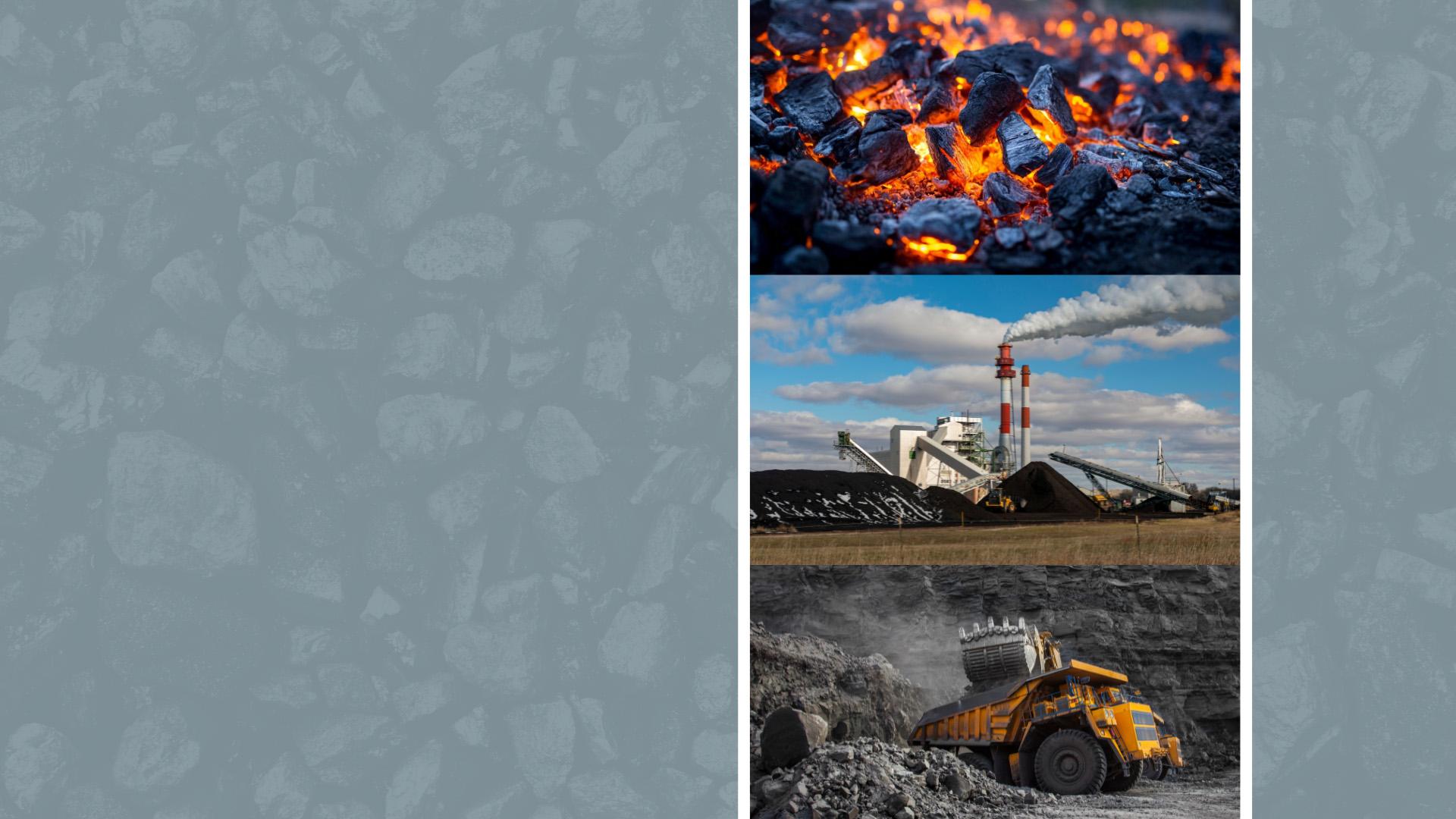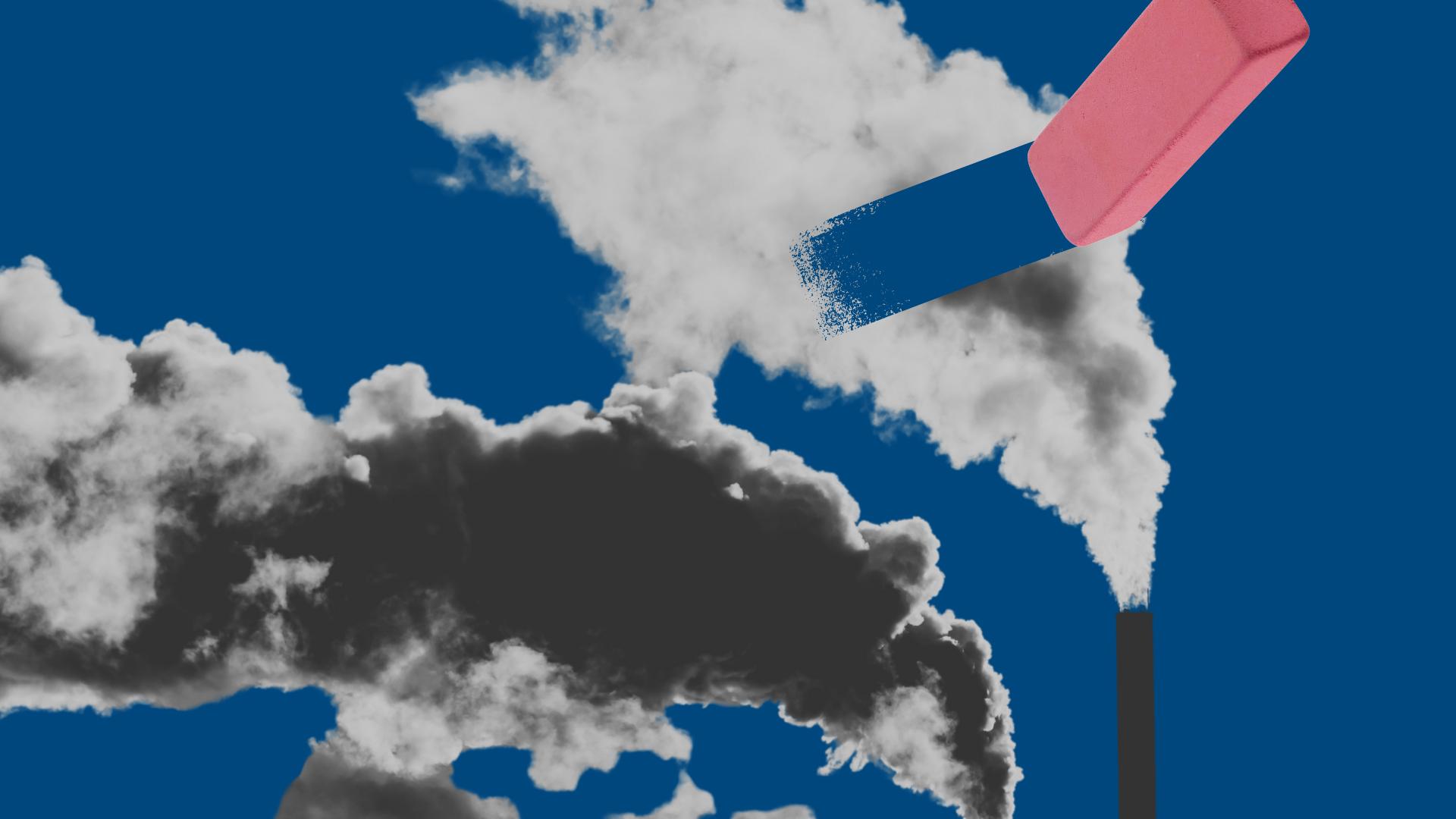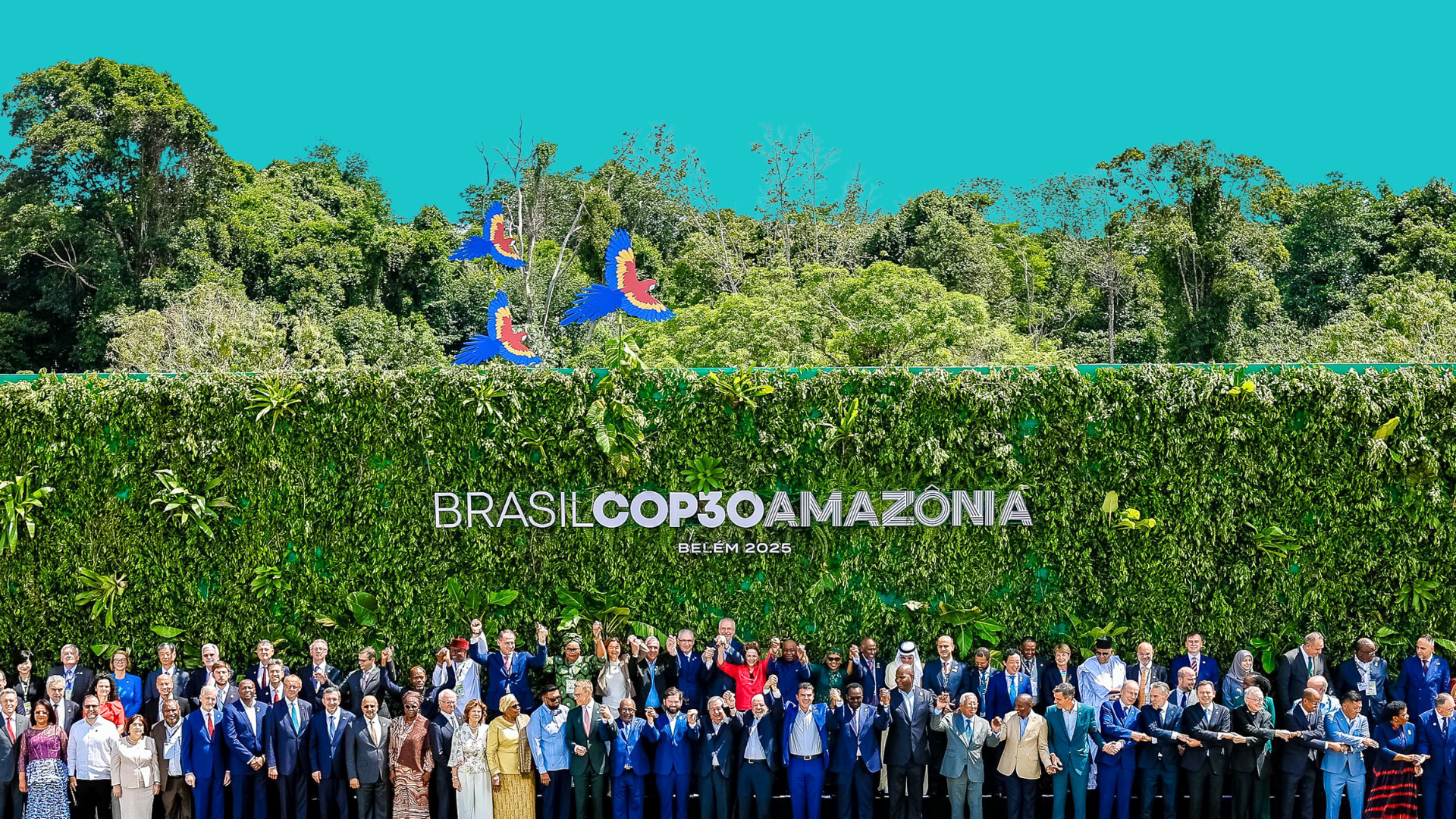While a mass movement toward climate jobs seems – and for the most part, is – positive, we must acknowledge that we cannot stop climate change if every single employee looking to do good only works in a climate-focused role or company.
According to Work on Climate, an organization focused on building the climate workforce, “a great deal of impact can be created through work that does not outright appear as a climate job,” but only 12% of climate-concerned Americans recognize the power of their job as a key way to act on climate. At the same time, companies are searching for “sustainability unicorns,” candidates with an unrealistically wide array of climate-related skills. This leads to a maddening situation where climate job seekers are being told climate-related roles are abundant, yet they are getting consistently turned down for them. However, what companies actually need are sustainability workhorses, people with diverse skills and backgrounds whose passion for and knowledge of climate change drives them to embed sustainability into every role. Sustainability workhorses can be engineers, designers, writers, salespeople, chefs, and so much more.
We need to broaden our definition of climate jobs beyond those that are directly related to climate or those that occur within a climate-focused organization. It may be more challenging – and frankly, seem less exciting – to evolve the role you already have rather than to find a sparkly position at a new organization. But turning your current job into a climate job has the potential for far greater impact. We need people to install solar panels and work on corporate sustainability teams, but we also need people to provide green benefits to employees, design the products we use on a daily basis with little to no waste, increase investment portfolio resilience to climate risk, encourage clients and customers to climate action, and so much more.
It’s also unrealistic to put the weight of organizational-wide transformation on often under-resourced and overworked sustainability teams. With sustainability teams focused on carbon accounting and reporting, coupled with the growing need for companies to look beyond traditional emissions scopes, it’s up to every other part of the organization to implement climate action, bolstering the work of sustainability teams and driving organizations to be more ambitious.
There are many good reasons to leave a job, and I don’t want to suggest that climate job seekers should stay at a place they no longer want to. But for those who are happy with their employers and see an opportunity to elevate climate action in their organizations, I encourage you to take the following first steps:
If you have one, use your professional development stipend for climate and sustainability upskilling, especially as it relates to your role. To provide more hands-on training, work with your employer to bring in experts in engaging employees, such as WorkforClimate, Terra.do, and Kite Insights (to name a few).
If you don’t have access to professional development funds, use free resources. Check out Project Drawdown’s Job Function Action Guides to get ideas on how you can integrate climate action into your role. If you work in energy, fashion, or finance, read OnePointFive’s Forget the Sustainability Unicorn report for some ideas on how to upskill, specific to your industry.
- Become your team’s de facto sustainability point person – express your climate passion and knowledge in team meetings, brainstorming sessions, project proposals, and everywhere else. Reach out to your company’s sustainability team (if there is one) and ask how your function and team can support them and the company’s sustainability goals.
- Learn from and with others. Taking climate action in your workplace can be daunting, but rest assured there are others also thinking about how to make their jobs climate jobs. Join your company’s employee-led “green team” and get inspired by reading other employees’ success stories.
The climate jobs boom is undoubtedly needed – if climate solutions are to match the magnitude of the crisis, then we need massive societal transformations. We need people to help build new climate-friendly infrastructure and institutions to replace our fossil-fueled economy, but we also need people to help change our existing practices and organizations. Because every aspect of every business needs to change, you can use the skills and knowledge you already have within your role to make an impact. If every role is needed, then the elusive “climate job” might not be so elusive after all. Indeed, you might already have it.
Aiyana Bodi, Project Drawdown manager of employee engagement, works with corporate partners and their employees to scale climate solutions in more meaningful and impactful ways. Aiyana is passionate about intersectional environmentalism and aims to use employee activation as a vehicle for just and equitable solutions.
This work was published under a Creative Commons CC BY-NC-ND 4.0 license. You are welcome to republish it following the license terms.












